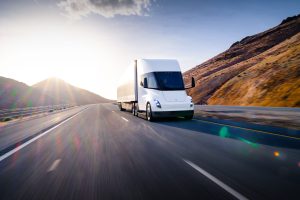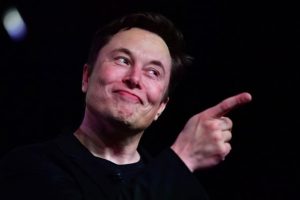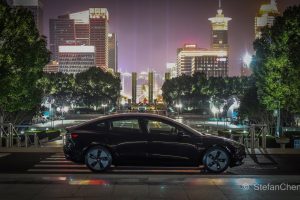Tesla is facing a new racial bias trial from a previous plaintiff who rejected an earlier $15 million payout.
The Tesla Fremont facility has been surrounded by legal controversy for years, primarily around allegations of racial bias. The plaintiff, elevator operator Owen Diaz, sued the automaker in 2017 for racial harassment in the plant and was initially awarded a record workplace discrimination payout of $137 million, which was cut to $15 million by a second judge. According to Reuters, Diaz has rejected this payout and returned to trial to seek more in damages.
For those unfamiliar with the original case, Owen Diaz alleges that while working at the Fremont facility, he was subjugated to continuing racial harassment, which was widely applied to African American workers. He has since then sued, seeking compensation for mental health damages, among other charges.
Specifically, Diaz alleges that coworkers at the Fremont facility frequently drew swasticas in locations like bathroom stalls and workstations. Further, he claims coworkers often used racial slurs when referring to African American coworkers. Diaz notes that after approaching his supervisors, changes were not implemented. It remains unclear if the workplace, management, or rules have changed since the 2017 lawsuit.
In its defense, Tesla’s lawyer Alex Spiro noted that a lack of evidence of injury, in the case of Owen Diaz, should result in the jury either electing to rule on the side of Tesla or should result in a lower payout. However, he did note that any case of discrimination in the workplace is “indefensible.”
The trial, which started Monday, March 28th, is expected to last five days.
Diaz is expected to pursue a similar ruling to the original payout, which included $7 million in “compensatory damages” and $130 million in “punitive damages.” The reduced payout of $15 million included $1.5 million in compensatory damages and $13.5 million in punitive damages.
Alongside these claims from Owen Diaz, Tesla faces two other lawsuits pertaining to racial bias at the Fremont plant. The first class action lawsuit involves numerous plaintiffs and is headed to a California state court. The second lawsuit, filed by a watchdog organization, is also in the early stages of litigation.
It should be noted that the separate lawsuits are related in allegations and hence, could affect each other’s outcomes. It remains unclear how these rulings could change Tesla’s operation in California as a whole.





